| When or why we began to speak remains unknown. The origin of language has been the subject of speculation for several centuries and scientists have developed several hypotheses about how, why, when, and where we began to speak. For example, some theories consider language mostly as a genetically encoded innate faculty. Other theories regard language as culturally learned by interaction. Because of the lack of any direct evidence, some scholars consider this one of the hardest problems in science. |
|
Recent language studies show that as much as 60 percent of our conversations are dedicated to gossip. Apparently, gossip is something that comes very naturally to us, and we spend about 52 minutes a day gossiping. As the saying goes, “we do not like gossip, but we are entertained by it.”
Gossiping, which usually involves an exchange of social information about acquaintances, has a somewhat undeserved bad reputation. Scientists tell us that 70-90 percent of office gossip is usually true, and that 75 percent of gossiping is non-evaluative, or neutral in nature. Only 15 percent of gossip is negative, and 10 percent is positive.
Today, our political discourse resembles gossiping. George Orwell, in his 1946 essay Politics and the English Language, wrote that political language “is designed to make lies sound truthful and murder respectable, and to give an appearance of solidity to pure wind.” But the language of political speak was not always as banal and devoid of substance.
For instance, in 1858 a series of seven debates took place between Abraham Lincoln, the Republican Party candidate for the United States Senate for Illinois, and the incumbent Democratic Party candidate Senator Stephen Douglas. These Lincoln-Douglas debates, also known as The Great Debates of 1858, dealt extensively with slavery, particularly its future expansion into new territories. These were not inconsequential political debates.
Compare the quality, substance and format of the Lincoln-Douglas debates to our modern-day equivalent. Keep in mind that this was a senatorial race and not presidential debates. The format for the debates was that one candidate spoke for 60 minutes, then the other candidate spoke for 90 minutes, and then the first candidate was allowed a 30-minute rejoinder. Thus, each debate lasted 3 hours – so much for our attention span.
When Lincoln and Douglas debated the slavery extension issue, they were addressing an issue that had divided the nation. More critically, the issue threatened the continued existence of the Union. The major newspapers covered the debates intensely and reprinted the complete texts of each debate.
Yet, in what could be called the institutional gossip of that time, the newspapers that supported Douglas edited his speeches to remove and correct any errors, but left Lincoln’s speeches in the coarse form in which they had been transcribed. Similarly, the pro-Lincoln newspapers revised Lincoln speeches, but left Douglas’s text unedited.
In the end, Douglas defeated Lincoln and retained his seat in the Senate. At that time the legislature elected U.S. Senators, and it elected Douglas by a vote of 54 to 46. Lincoln lost the election, but he won recognition as a powerful and moving spokesperson for the anti-slavery Republican cause. Lincoln and Douglas would meet again in the presidential election of 1860 and their debates, this time edited by Lincoln, were printed as a book and used as an important campaign document. Such is the political power of language.
Language is perhaps the most important method of human interaction. Our lives are limited by what we can explain through language. Language imposes a limit to thought. Unfortunately, too much of our present day personal and political use of language is not of the quality of the Lincoln-Douglas debates and is mostly dedicated to gossip and trivialities.
In the early 20th century, the Austrian-British philosopher Ludwig Wittgenstein (1889-1951) became a key figure of a philosophical movement which had language as its subject of study. Wittgenstein held that if we cannot describe something in words, then it does not exist. As he exquisitely phrased it, “The limits of my language mean the limits of my world.”
Please let us know if you  this article. this article. |
|
We welcome your feedback.
Abrazos,
Lily & José
(click on the name to email Lily or Jose) |
|
|
|
|


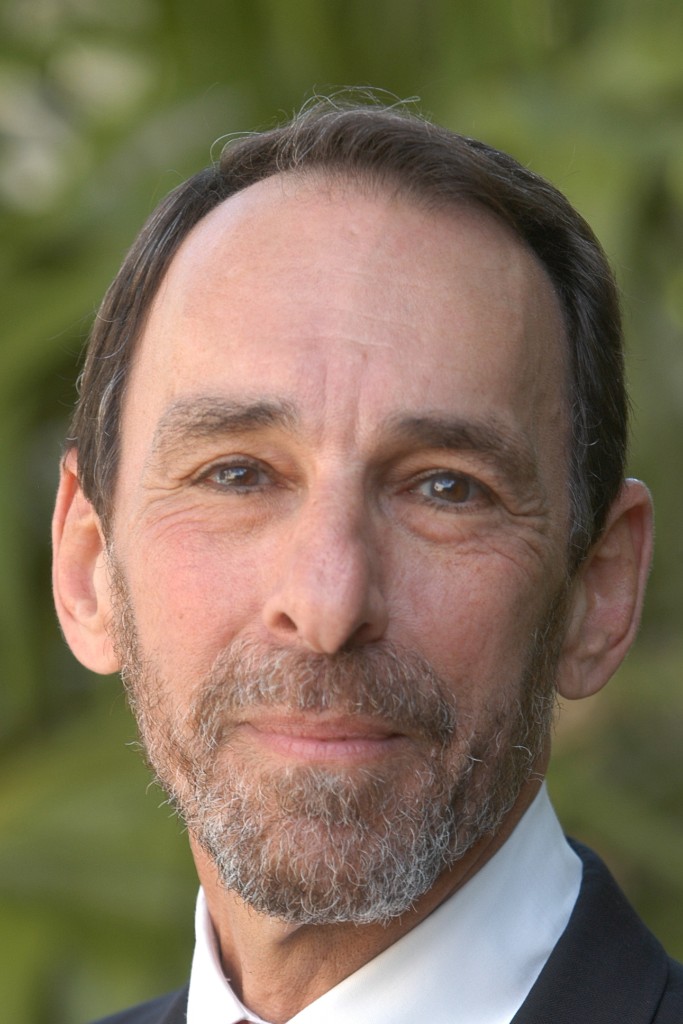

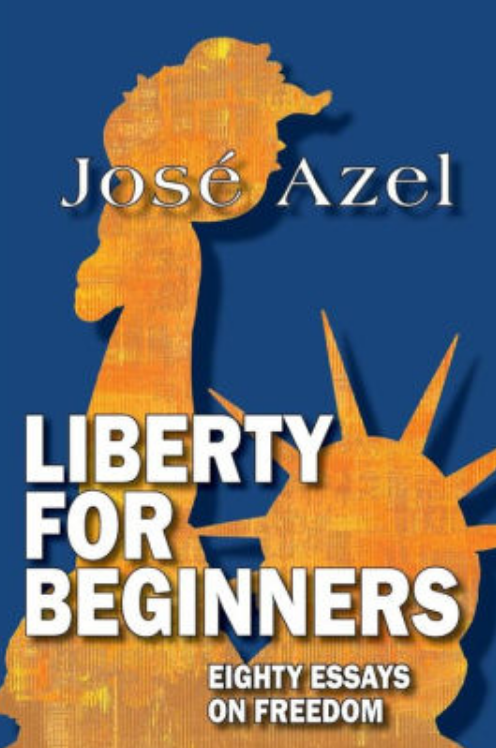
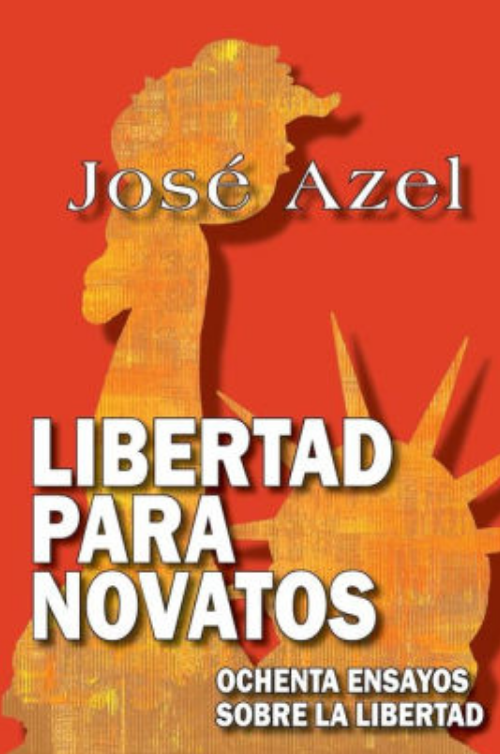
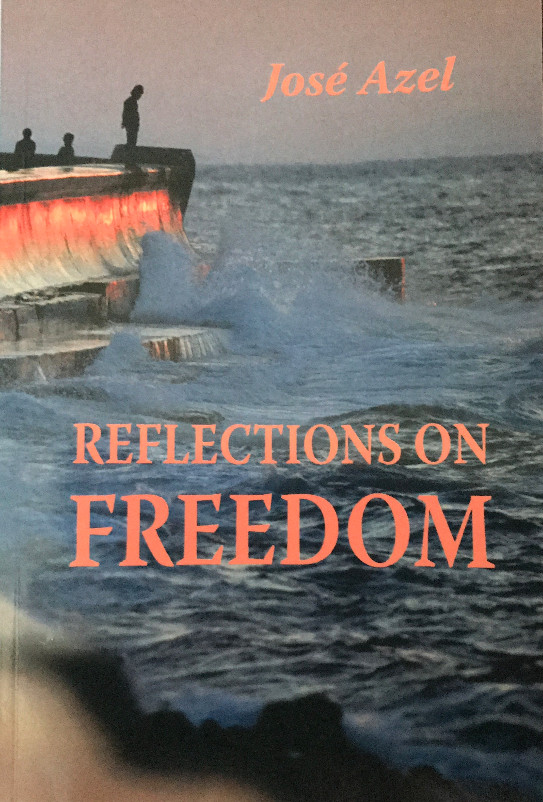
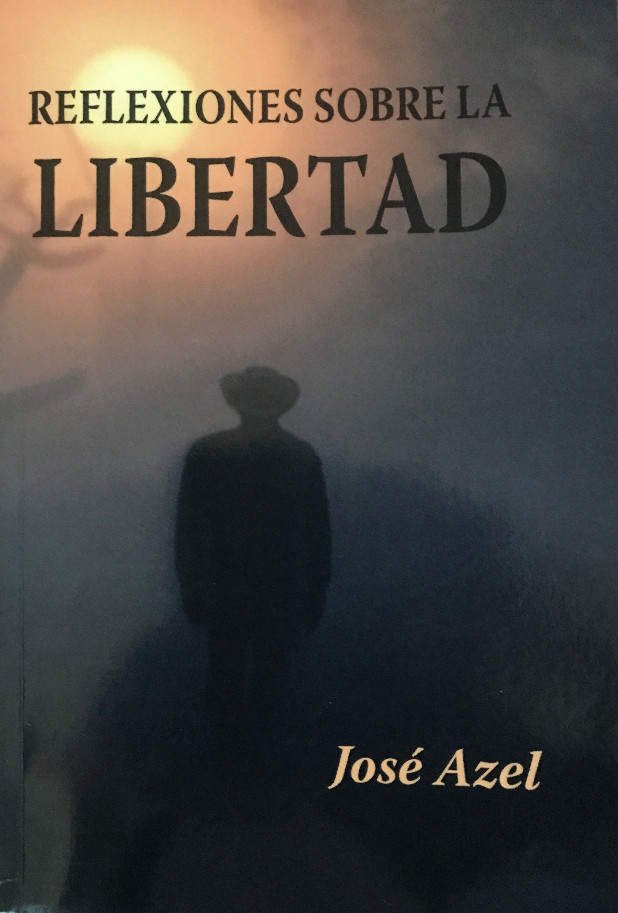


No comments:
Post a Comment